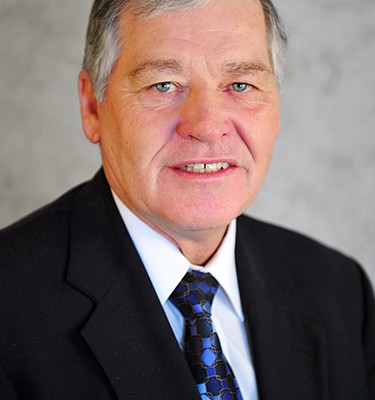Barack Obama’s Department of Interior recently announced a moratorium on federal coal leases, and few states will be hit harder than Montana. Not only is our state home to more than one-third of all coal reserves in the United States, but about half of the coal production in our state happens on federal land. Halting all future leases means that much of this coal is untouchable.
Montana has already lost hundreds of jobs as a direct result of the federal actions aimed at stopping coal mining. We stand to lose thousands more in the coming years unless those policies are reversed.
The state of Montana receives half of the royalties that the federal government collects from federal coal production. That amounts to between $40 and $50 million each biennium. This is above and beyond the taxes paid by coal producers to the state that go to fund schools, infrastructure, and law enforcement across our state.
Think about it this way, the coal owned by the federal government is owned by all of us. By producing our public coal we create high-wage jobs and we reap tax revenue that benefits each and every Montanan.
About one in 10 of the tax dollars collected by the state of Montana is connected to our coal industry. That windfall could disappear, but the needs of Montanan’s won’t. Filling a budget gap of that magnitude would require some combination of service cuts and steep tax hikes.
One has to ask: why are we doing this? The president’s own plan to shut down coal-fired power plants around the country results in about a 1 percent reduction in global carbon emissions. That’s a tiny, barely worth mentioning, benefit compared to the severe economic pain that Montana is already starting to feel as a result of his plan.
For all of the moves Obama has made against the coal industry, the fact remains that they will have no impact on Montana’s climate — no impact on drought or rainfall, on temperatures or weather events.
The biggest effect of all these measures that I see is a forthcoming shift in our tax base away from natural resource taxes to higher income and property taxes.
To paraphrase Hemingway, the way you go bankrupt is slowly, then all at once. Right now Montana is slowly losing jobs and slowly seeing a shrinking tax base due directly to the Obama administration. The way the trends are going isn’t pretty.
So what can we do about it? Fortunately, most of the moves by President Obama were done unilaterally by executive order, without congressional approval. That means the next president can undo them with the stroke of a pen. For Montana, that makes the next election all the more important.
But more immediately, we need all our Montana elected officials united against the president and the environmental groups fueling this anti-coal agenda. That isn’t happening right now— Sen. Jon Tester and Gov. Steve Bullock are too-often backing the president in his plans.
No one is saying that we should go back to the days of irresponsible natural resource production (those of us who make their living off the land have the greatest incentive to protect it) — but we shouldn’t go in the direction of incredibly overzealous environmental policy either. We can find middle ground on these issues. We have to — Montana has too much at stake to let one-sided policies destroy our coal industry.
Sen. Rick Ripley, R-Wolf Creek, serves on the Environmental Quality Council and the Interim Legislative Finance Committee.
